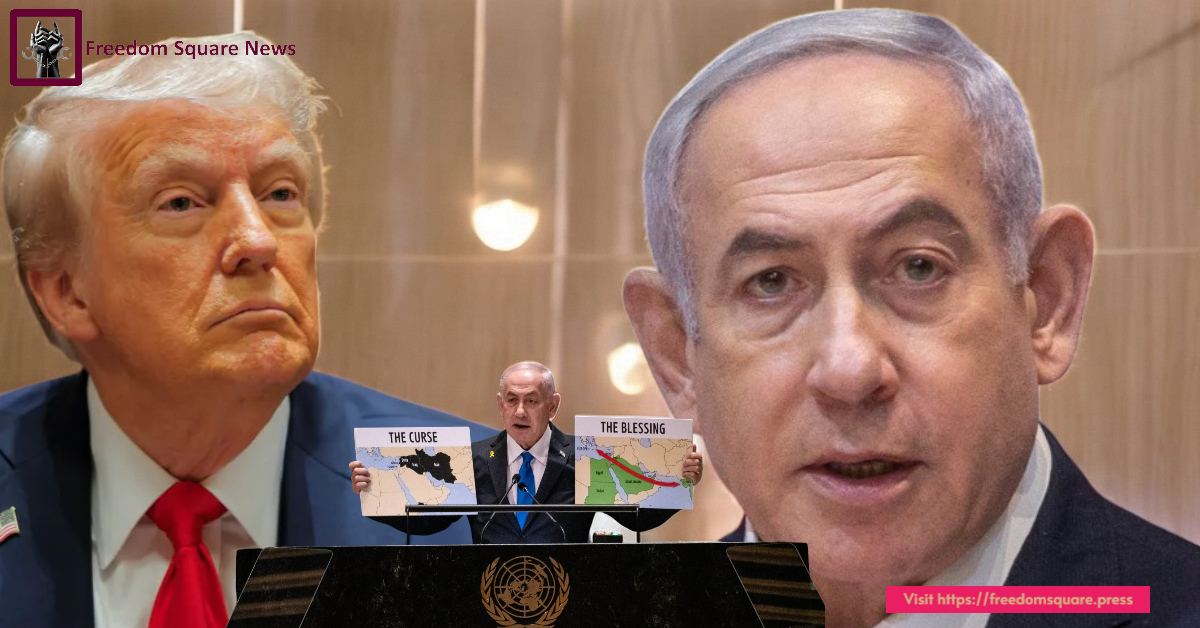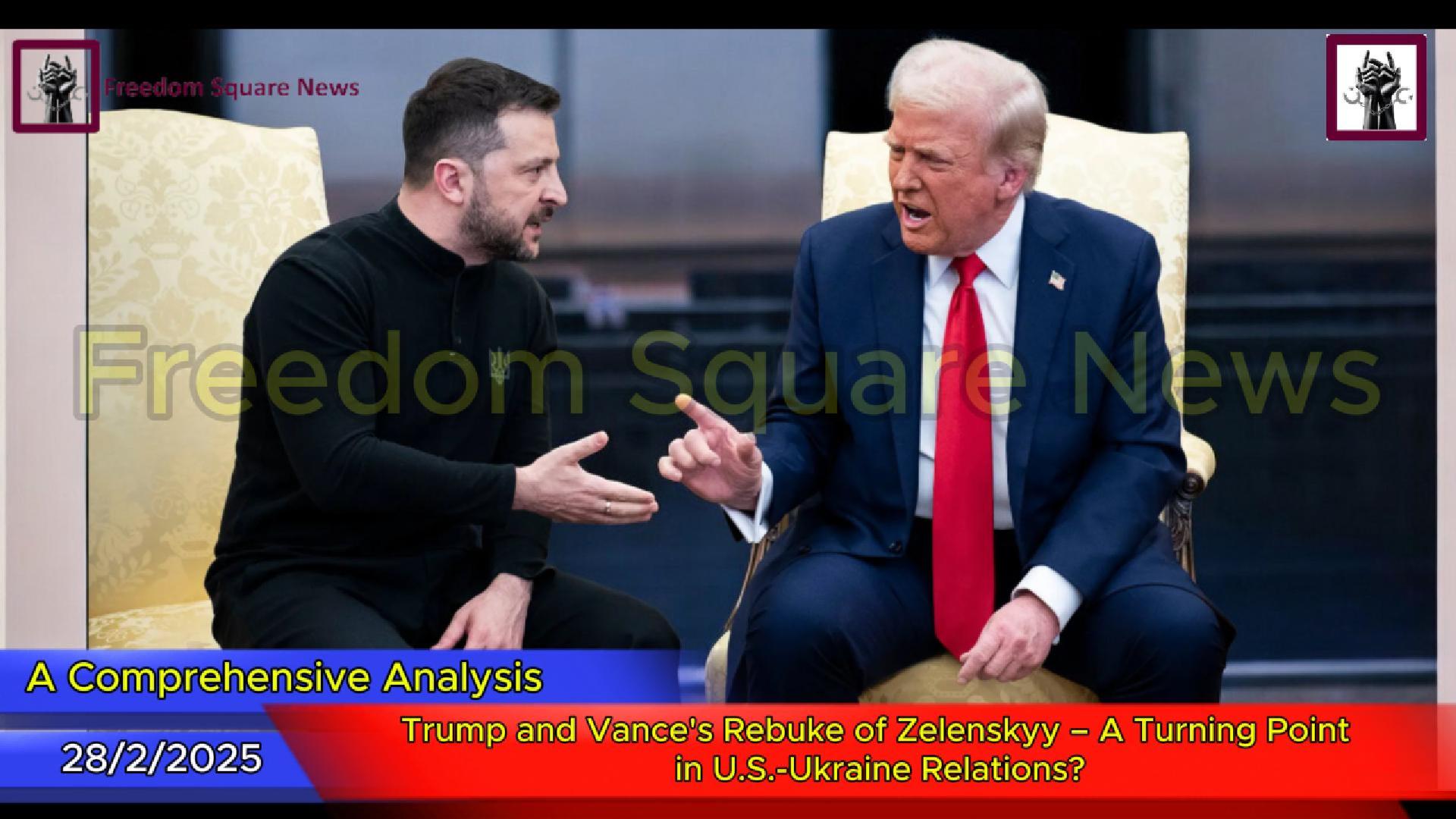Sule Lamido’s Candid Assessment Unveils Nigeria’s Political and Judicial Landscape
Sule Lamido, a seasoned stalwart in Nigerian politics with an illustrious history as Jigawa State Governor, Minister of Foreign Affairs, and former House of Representatives member, recently shared a penetrating analysis of critical national issues. In an exclusive interview with Daily Trust on Sunday in Kano, Lamido’s incisive commentary delved into pressing matters, sparking discussions on Nigeria’s political trajectory and the role of the judiciary.
Lamido’s vast political experience renders his insights weighty, reflecting a deep comprehension of the nation’s political dynamics. His remarks, charged with pointed observations and accusations, reverberated across discussions on governance, judiciary influence, and the trajectory of the ruling party.
- APC House of Reps candidate gets chieftaincy title
- Nigeria can easily earn N10tn annually from Untapped Non-oil assets – Taiwo
- Nigerian Army Elevates 47 Senior Officers, Urges Vigilance in Addressing Security Challenges
- BUA Group Chairman Confirms Cement Price at N3,500, Focuses on Market Expansion in 2024
- President Tinubu, First Lady, Receives Asisat Oshoala In Lagos
- Tragic Pipeline Explosion Claims 20 Lives in Rivers State
- Ondo State Celebrates: Lucky Aiyedatiwa Sworn In As Governor
- Chief Justice of Nigeria Advocates for Rule of Law Over Public Sentiment
- Tinubu is dragging us to our graves, says Sule Lamido
- Women protest naked in Anambra
The interview traversed various crucial facets of Nigeria’s political landscape. Lamido raised suspicions regarding a potential alliance between the judiciary and the ruling party, hinting at perceived biases in judicial decisions, purportedly favoring the APC.
Moreover, Lamido scrutinized the performances of influential political figures, singling out Bola Tinubu. He suggested a continuation of challenges prevalent during Buhari’s tenure, encompassing issues of insecurity, poverty, and economic hardships.
Lamido aimed a barrage of critiques at the APC, alleging instances of corruption, favoritism, and tactical manipulations contributing to the party’s electoral successes. He accused the party of leveraging numerical advantages to influence election outcomes and resorting to legal recourse when electoral strategies falter.
Beyond criticizing political figures, Lamido expressed dismay towards voters who supported Buhari during elections, highlighting alleged demonization and vilification faced by opposition parties, particularly in the North. He voiced concerns about a diminishing trust in the electoral process.
Reflecting on the 2014 elections, Lamido posited that the contest between Jonathan and Buhari primarily served personal ambitions rather than national interests. His remarks underscored a significant shift in Nigeria’s political milieu, emphasizing the dominance of personal agendas over the nation’s collective welfare.
Lamido’s forthright comments echo the intricate complexities of Nigerian politics, shedding light on a tapestry of regional, ethnic, and religious dynamics woven by political figures. His interview serves as a catalyst for robust conversations, urging introspection into the intricate interplay of governance, justice, and political machinations within Nigeria’s democratic sphere.




